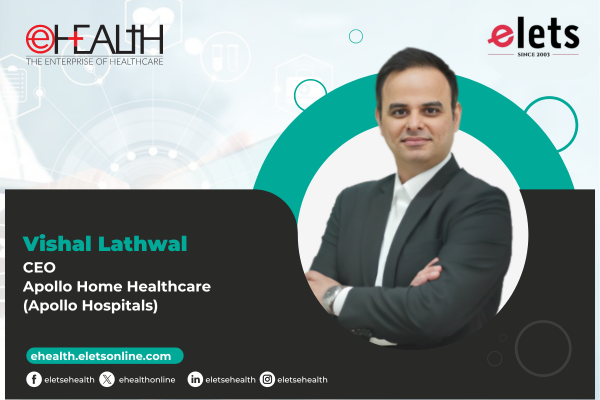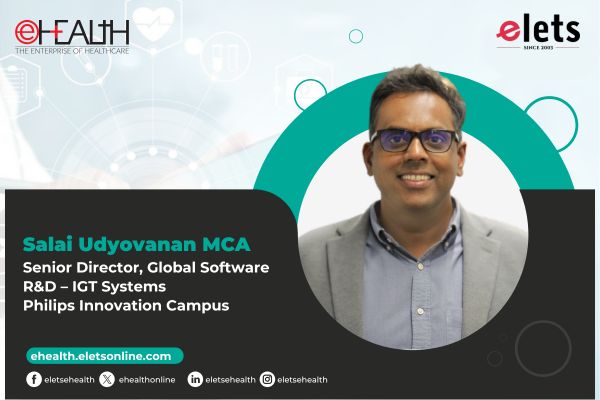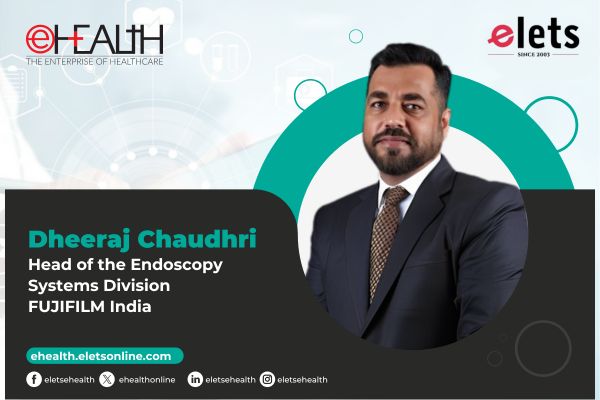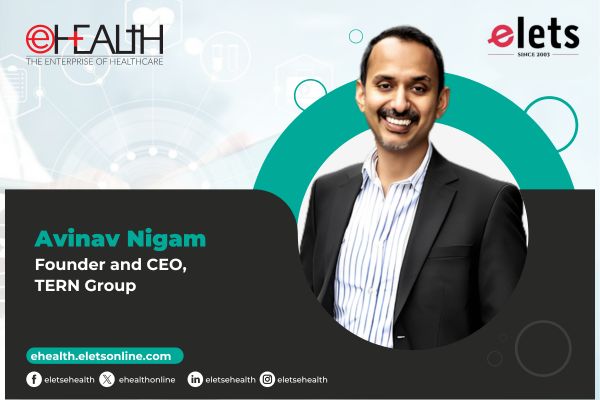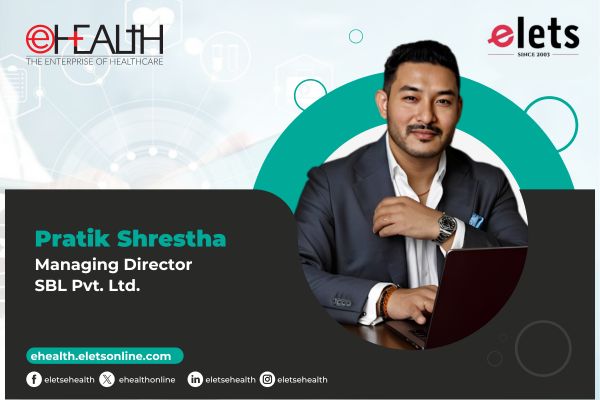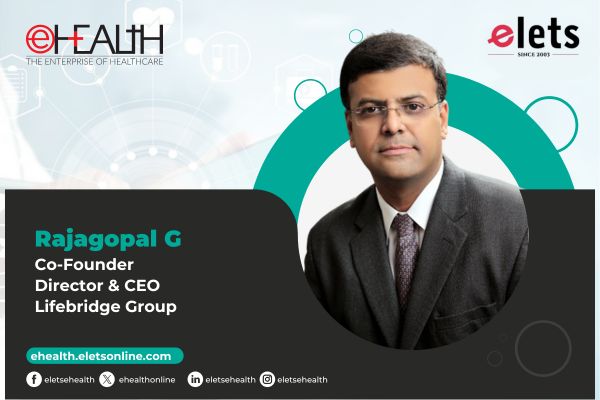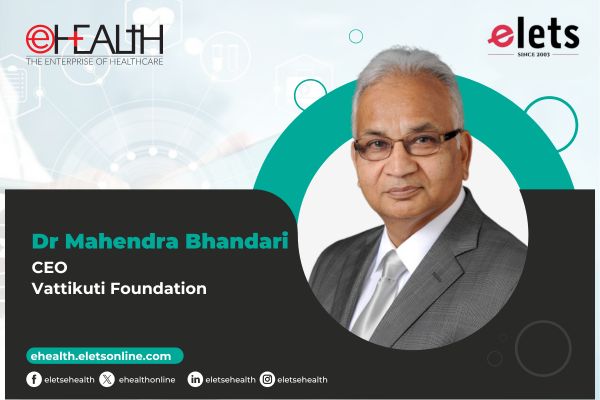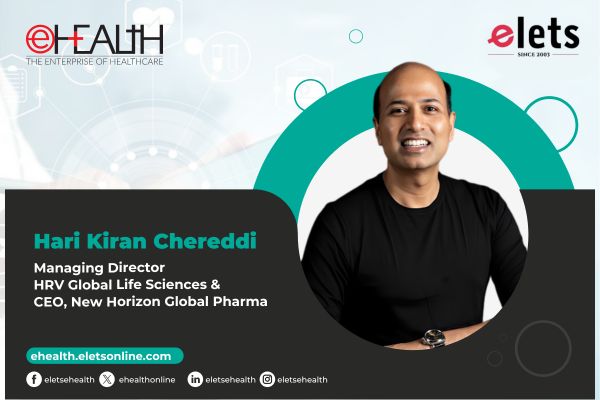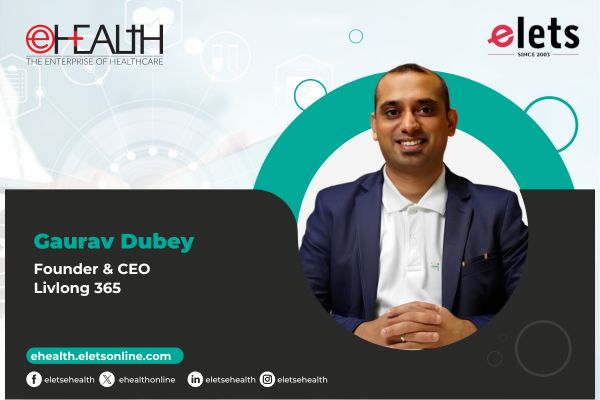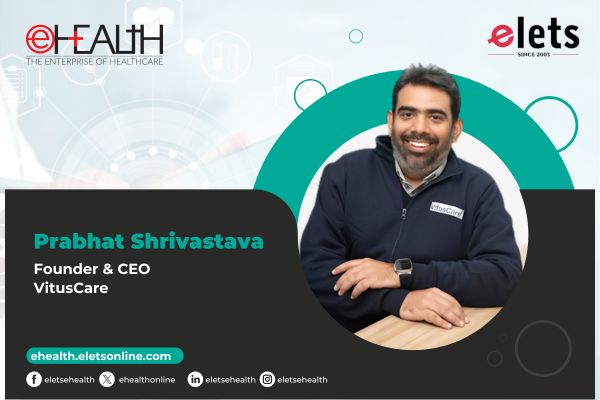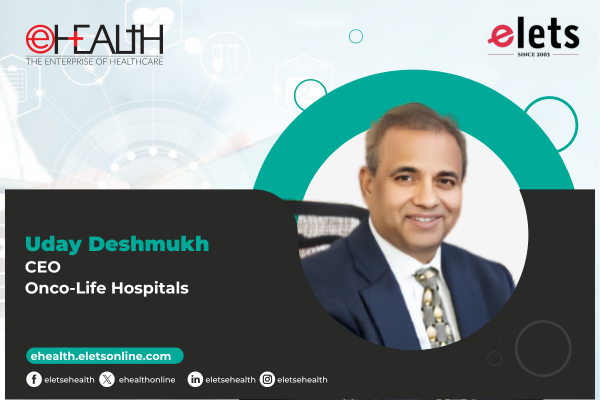
With cancer cases rising rapidly worldwide, the World Health Organisation (WHO) projects a 60% surge in global incidence over the next two decades, with India alone expected to record over 1.5 million new cases annually by 2030. In light of these alarming trends, Uday Deshmukh, CEO, Onco-Life Hospitals, joins Dr. Asawari Savant, from Elets News Network (ENN), for an exclusive conversation on how technological innovations are reshaping cancer care—from early detection to precision treatment and streamlined hospital operations. Edited excerpts
We’re witnessing significant technological progress across sectors, including both clinical and non-clinical aspects of healthcare. Specifically in oncology, what have been the most notable innovations and advancements in cancer care over the past five years?

Clinically, due to technological advancements in Medical Oncology and Radiation Oncology, the treatment outcomes are much better compared to 10 years ago.

Radiation machines now offer sub-millimetre precision—up to 1 mm accuracy—allowing for the sparing of healthy tissues. Machines such as Tomotherapy and MR Linac, integrated with AI, can track the tumour in real time during treatment delivery. In Medical Oncology, newer drug therapies, including Immunotherapy (Targeted Therapy) and CAR-T Cell therapy, have shown significantly better outcomes with minimal side effects.

Have there been recent technological developments aimed at enhancing hospital process workflows and minimising clinical and administrative errors?

Yes, definitely. Hospital Information Management Systems (HIMS) and Hospital Management Information Systems (HMIS) have improved significantly in recent years. These systems help in better recording and analysis of health data, which in turn reduces patient waiting time and facilitates faster treatment. Previously, data entry involved extensive human intervention and was often incomplete or erroneous, negatively affecting both clinical and non-clinical outcomes. Now, with advanced HIMS and HMIS implementations, the likelihood of errors has drastically reduced in hospitals that have adopted robust digital systems.
There has been a growing global trend toward preventive healthcare. How is this shift manifesting in the Indian oncology ecosystem, particularly in terms of early cancer detection and prevention?
In India, we have gradually adopted a more curative approach toward cancer in the past 6–8 years, while Western countries had initiated this shift as early as the late 1990s. Although new technologies now enable a curative strategy, late diagnosis—especially in rural areas—still poses a challenge. To truly shift to a preventive approach, we need widespread awareness starting from school curricula, along with regular cancer awareness programs. Diagnostic costs should be kept affordable, or insurance companies should mandate annual preventive screenings for policyholders. Some segments of the population are already benefiting from such measures, but widespread adoption will take time.
Also Read :- Where Precision Meets Compassion: The Central Role of Gynecologic Oncology in Multidisciplinary Cancer Care
To what extent have emerging digital technologies contributed to advancements in cancer diagnosis, treatment, and patient engagement?
Definitely. Patients can now access their diagnostic reports instantly without physically visiting the hospital. CT, PET-CT, and MRI reports can be delivered on the same day using remote reporting software—even when the physician is not on-site. Radiation therapy planning can be done remotely by doctors using their phones or tablets, significantly reducing the turnaround time for starting treatment. Patients can also opt for scheduled follow-up consultations via video calls, improving accessibility and convenience.
With the rapid advancement of AI and machine learning technologies in healthcare, do you foresee a future where the need for direct physician intervention may be significantly reduced?
Yes, that is the truth. Anyone saying otherwise is hugely mistaken. It is inevitable. Doctors must begin adapting to these new technologies and learn as much as possible to stay competitive. AI will be able to provide accurate diagnoses and treatment options in the future, given the vast amount of data available for machine learning models.
Be a part of Elets Collaborative Initiatives. Join Us for Upcoming Events and explore business opportunities. Like us on Facebook , connect with us on LinkedIn and follow us on Twitter , Instagram.
"Exciting news! Elets technomedia is now on WhatsApp Channels Subscribe today by clicking the link and stay updated with the latest insights!" Click here!






